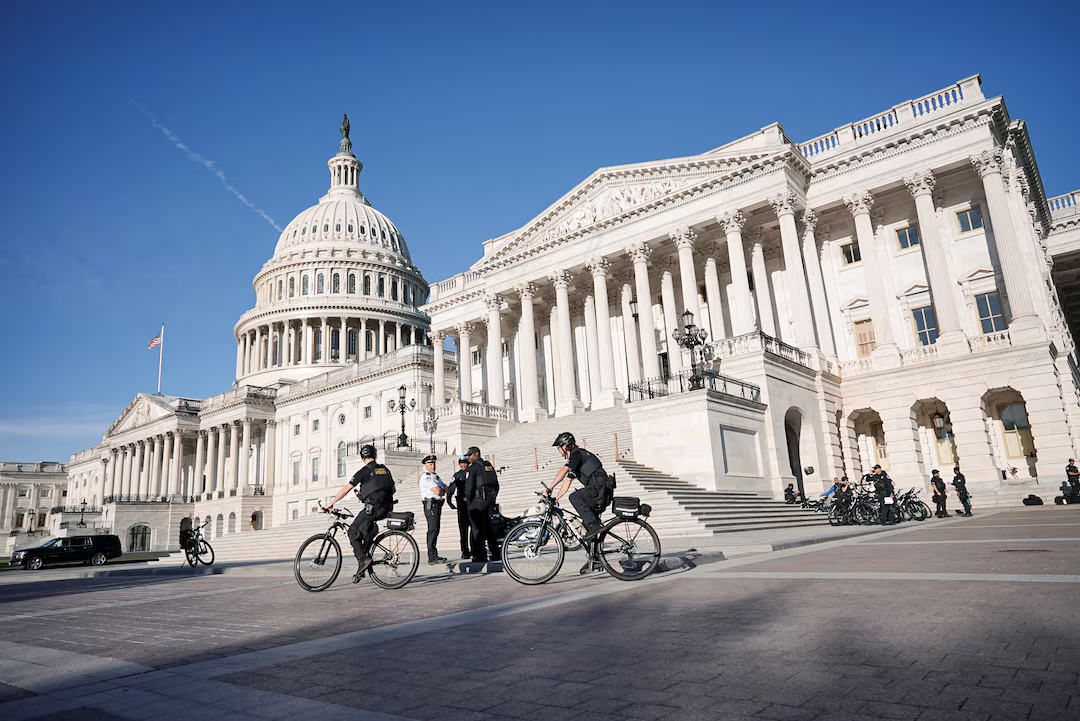By Bo Erickson and David Morgan
President Donald Trump‘s tax cut and spending bill faces a critical stress test on Wednesday as Republicans in the U.S. House of Representatives try to overcome internal divisions about cuts to the Medicaid health program and tax breaks in high-cost coastal states.
The gate-keeping House Rules Committee has scheduled an unusual 1 a.m. ET (0500 GMT) hearing that is expected to run well into daylight hours where members will debate details of the measure. If passed by Congress, it would reduce some health and food benefits for low-income Americans, cancel green-energy programs and provide tens of billions of dollars for immigration enforcement.
Trump huddled with lawmakers on Tuesday to try to persuade holdouts within his party to get in line on what he calls a“big, beautiful bill,” but the visit failed to sway the wide array of lawmakers who object to specific features.
House Speaker Mike Johnson has little room for error, as his party holds a narrow 220-213 majority and a handful of“no” votes from his side could scuttle the bill, which Democrats say favors the wealthy and cuts needed social programs.
Fiscal hawks blocked the package in another committee on Friday, before relenting late on Sunday night. That scenario could play out again in the Rules Committee, which includes several Republicans who are calling for deeper cuts to the Medicaid health program, which serves 71 million Americans.
The bill would extend the 2017 tax cuts that were Trump’s signature first-term legislative achievement, and also add tax breaks on income from tips and overtime pay that were part of his populist push on the campaign trail. Nonpartisan analysts say it could add $3 trillion to $5 trillion to the federal government’s $36.2 trillion in debt.
If it clears the committee, Johnson could push for a vote on the House floor as soon as Wednesday.
Medicaid has proven to be a major sticking point, with fiscal hawks pushing for cuts to partly offset the cost of the bill’s tax components, which moderate Republicans say would hurt voters whose support they will need in the 2026 midterm elections.
The bill also faces objections from a handful of centrist Republican lawmakers from high-tax states including New York and California, who are pushing to loosen a $30,000 cap on deductions for state and local taxes.
Trump is pushing for unanimous support from Republicans, and said on Tuesday that holdouts could be drummed out of the party.
Credit-rating firm Moody’s last week stripped the U.S. government of its top-tier credit rating, citing the nation’s growing debt.
If the package passes the House, it would then head to the Senate, where Republicans hold a 53-47 majority. That would not be expected until next month, as Congress is preparing to leave Washington next week for a week-long break.

